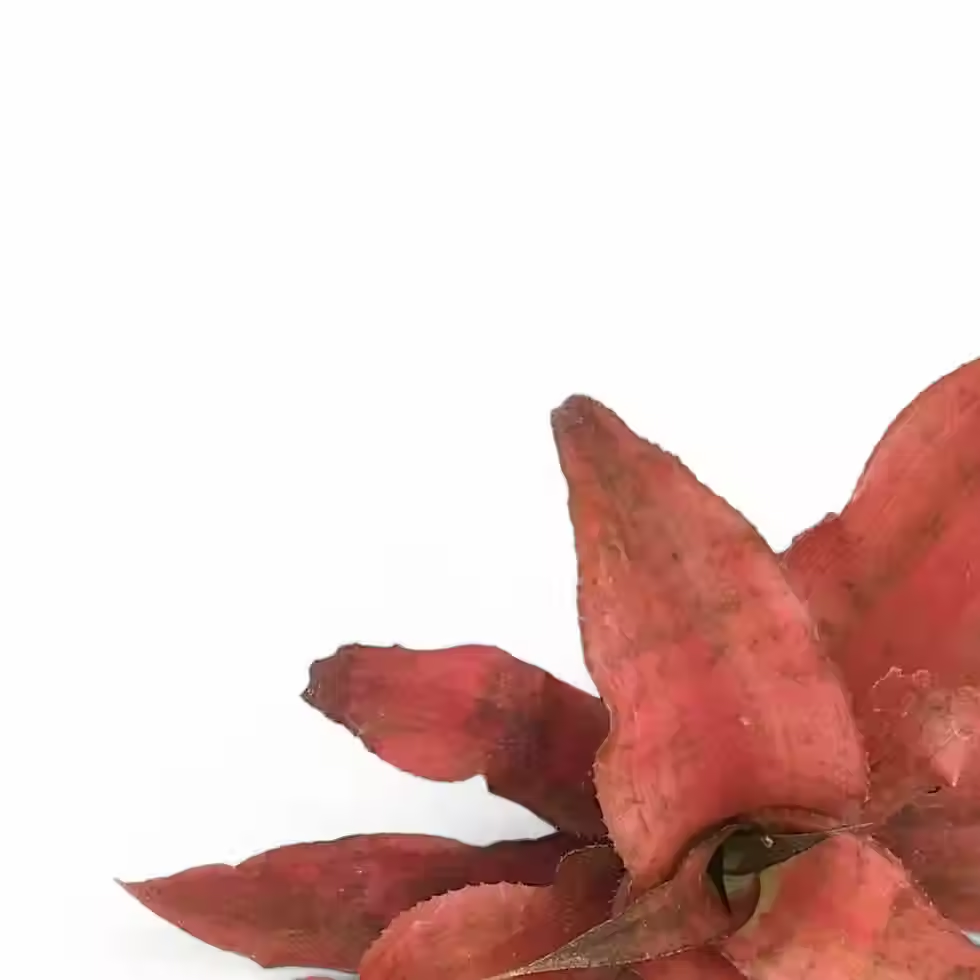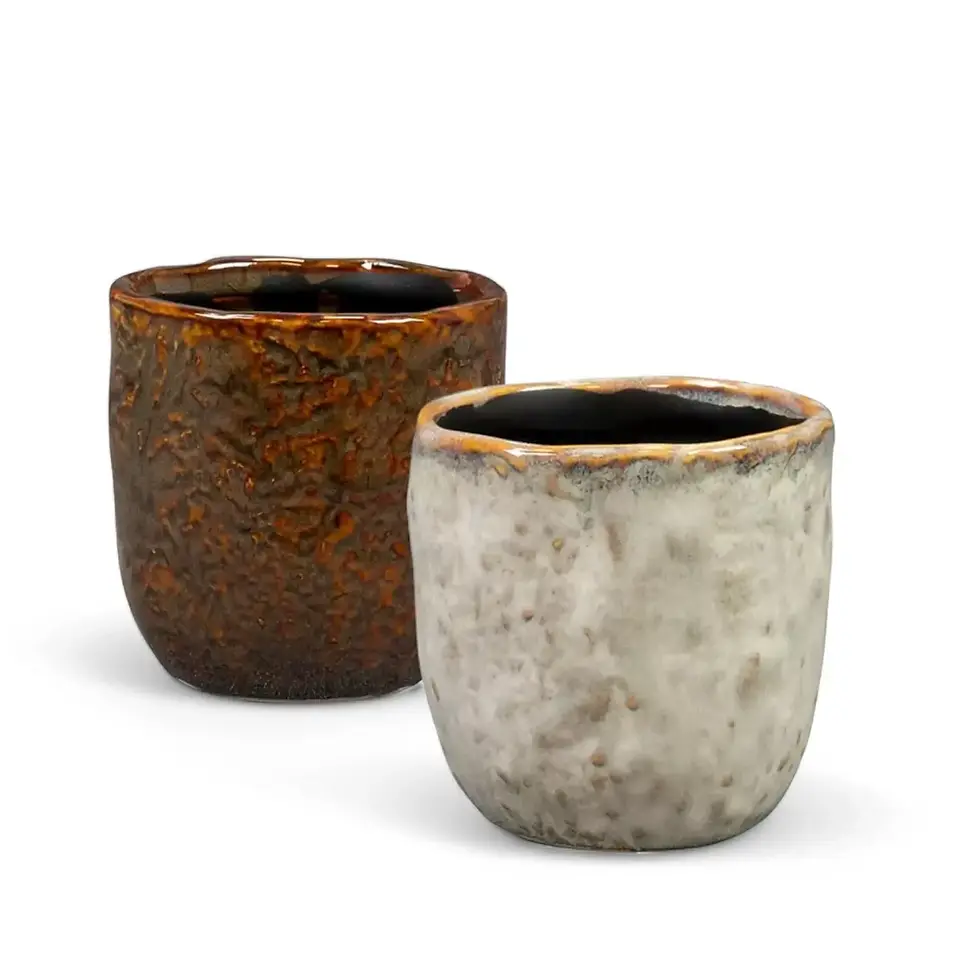Yucca rostrata - Hardy, Architectural, and Low-Maintenance
Why Choose Yucca rostrata?
Yucca rostrata, also known as the Beaked Yucca, is a striking architectural plant with dense clusters of blue-green leaves forming a symmetrical, pom-pom shape. Native to the Chihuahuan Desert, this slow-growing, drought-tolerant species thrives with minimal care, making it ideal for both indoor and outdoor settings. Its elegant form, cold hardiness, and minimal maintenance needs make it a must-have for plant lovers.
Key Features of Yucca rostrata
- Symmetrical Growth: Dense rosettes of narrow, sword-like leaves create a balanced and structured look.
- Cold Hardy: One of the most frost-resistant yuccas, tolerating temperatures as low as -28°C (USDA Zone 5).
- Elegant Blooms: Produces tall flower stalks in late spring with clusters of creamy white flowers that attract pollinators.
- Slow-Growing Beauty: Reaches up to 4.5 meters outdoors over decades; remains compact indoors at 2-2.5 meters.
How to Care for Yucca rostrata
- Light: Requires bright, direct sunlight for at least 3 hours daily. Thrives best in full sun but tolerates part shade.
- Soil: Prefers well-draining, sandy, or loamy soil. If planting in clay-heavy soil, amend with sand or perlite to improve drainage.
- Watering: Water deeply but infrequently. Allow at least three-quarters of the soil to dry before watering again.
- Fertilization: Apply a balanced, slow-release fertilizer (10-10-10 or 20-20-20) monthly during the growing season. Avoid fertilizing in extreme summer heat.
- Temperature: Tolerates a wide range but prefers 15-27°C. Keep away from excessive humidity and cold drafts.
- Pruning: Remove dead leaves for a cleaner look or leave them to form a protective trunk “skirt..
- Potting and Repotting: Use a well-draining succulent mix in a container with drainage holes. Repot every 2-3 years or when root-bound.
Common Issues and Solutions for Yucca rostrata
→ Root Rot:
- Caused by overwatering or poor drainage. Ensure the soil dries between waterings and repot in fresh, well-draining soil if needed.
→ Pest Infestations:
- Spider Mites: Tiny pests that cause yellowing leaves. Treat with neem oil or insecticidal soap.
- Mealybugs: White, cottony pests that can be removed manually with alcohol-dipped cotton swabs.
→ Leaf Discoloration:
- Yellowing leaves may indicate overwatering, while browning tips often result from dry air or underwatering.
Frequently Asked Questions
→ How fast does Yucca rostrata grow?
It grows slowly, taking decades to reach its full height of 4.5 meters outdoors. Indoors, it remains a manageable 2-2.5 meters.
→ Can Yucca rostrata be grown in containers?
Yes! It thrives in pots with well-draining soil. Choose a container with drainage holes and repot as needed.
→ What is the best way to propagate Yucca rostrata?
The easiest method is removing offshoots (“pups”) from the base and replanting them in well-draining soil.
Order Yucca rostrata Today!
Enhance your space with the striking silhouette of Yucca rostrata. Shop now for a resilient, drought-tolerant plant that thrives indoors and out.
Yucca rostrata
Yucca rostrata is approximately 60 cm tall and comes in a ⌀ 20 cm pot

























































